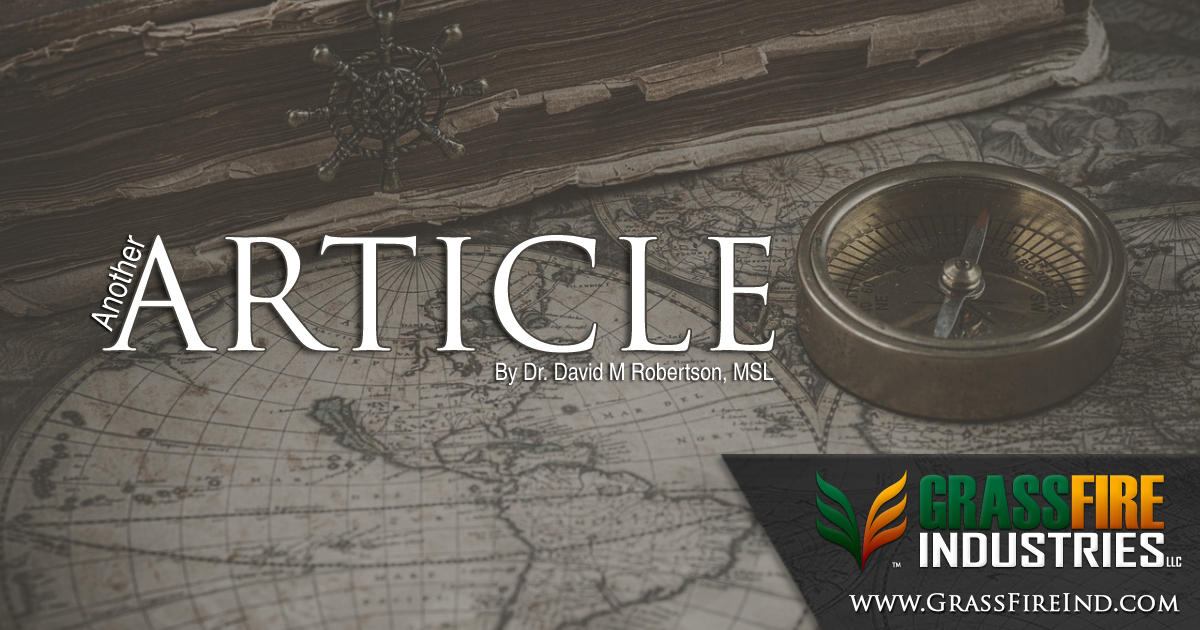The Benefits and Importance of Organizational Development for Improving Business Performance and Effectiveness
Organizational development (OD) is a field of study that focuses on improving the effectiveness and health of organizations. It encompasses a wide range of theories, processes, and techniques applied to help organizations change and improve. OD can involve interventions at various levels, such as individual, team, or organizational level, and can address various issues, such as improving communication, honing leadership, increasing productivity, or enhancing employee engagement. OD is often used to help organizations adapt to changes in their environment and improve overall performance.
One of the key benefits of organizational development is improved performance. OD programs can help organizations identify and address issues hindering performance and implement changes that can improve efficiency, productivity, and overall effectiveness. This can include better communication channels and processes, leading to improved collaboration, teamwork, and employee engagement. Additionally, organizations that participate in OD programs may become more agile and adaptable to changes in their environment, which can give them a competitive advantage in today’s fast-paced business world.
Another benefit of organizational development is better decision-making. OD programs can help organizations and individual leaders develop better decision-making processes, leading to better outcomes and more effective problem-solving. Of course, this can lead to increased employee engagement, as employees feel more valued and respected, leading to increased creativity, productivity, and overall commitment to the organization.
If an organization chooses to work with a leaderologist, it can benefit from the leaderologist’s specialized knowledge and experience in leadership development and organizational improvement. Leaderologists can provide expert guidance and support to help the organization achieve its goals and an objective perspective on its strengths and weaknesses. Additionally, a leaderologist can work with the organization to assess its specific needs and develop solutions tailored to its unique culture and context.
Measuring and evaluating the success of organizational development initiatives is essential to ensuring the effectiveness of OD programs. This can include setting clear and measurable goals, tracking progress, and collecting employee feedback. By measuring the success of OD initiatives, organizations can determine what is working well and what areas need further improvement. Additionally, regularly evaluating the effectiveness of OD programs can help organizations continuously improve and adapt to changing business needs.
There is a caveat that must be provided regarding measurement, though. Much like its development, measurement is not always as cut and dry as we might like it to be. If you would like to learn more about the measurement of leadership and organizational development efforts, I would encourage you to read my research article about Evaluations and Limitations.
Development, whether leadership or organizational, is crucial and should be ongoing. Organizations can see improved performance, communication, adaptability, decision-making, employee engagement, culture, and alignment by participating in leadership and OD programs. Working with a leaderologist can provide additional benefits such as expertise, objectivity, tailored solutions, implementation support, and sustainability.
If you need help trying to determine the right professional for you and your organization, I would be happy to provide objective advice regarding your selected options. If you seek to add a professional to your list of potential options, consider adding GrassFire Industries LLC, based in Wichita, Kansas. GrassFire offers comprehensive leadership training, organizational development, personal development, and health education services. Generous discounts are provided to organizations looking for strategic partners.

